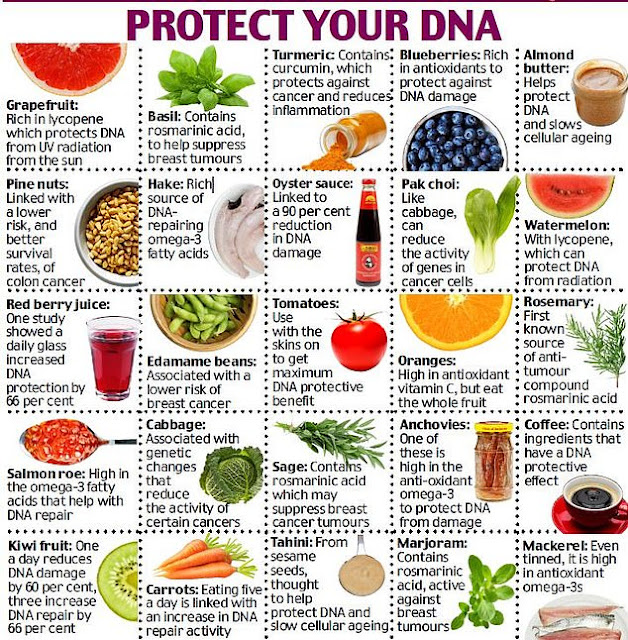Eat to Beat Disease: How Much of Each Food Should You Eat - Dr William Li

One key element of the “food as medicine” movement is the idea that there are certain doses of food that have been shown to thwart illness. When I say you can eat to beat disease, this is precisely what I am talking about. Numerous books tell you what foods to eat, but I want to talk about the optimal amount of those foods to consume. Just as there are ideal doses for pharmaceutical drugs, there is an effective disease-beating prescription for many of the foods that we consume every day.
What is a food dose?
A food dose is the amount of any food or beverage consumed that is associated with or leads to a specific health outcome. For example, how many apples must you eat to reduce the risk of a given disease? When we talk about ideal food doses, it may be in relation to disease prevention, treatment, long-term management, or suppression to keep the disease from returning. Like medicines, bioactives in foods can influence our cells and the biological systems in our body in ways that resemble drugs.
Researchers like myself and my team at the Angiogenesis Foundation, where we examine foods, food extracts, and bioactives with rigorous scientific methods, are on the front lines of food dosing developments. Until recently, conversations about “healthy” food amounts have been centered on portion size. However, we can now apply new tools of molecular and cell biology as well as genomics to explore how food can support health in ways that weren’t possible even a few years ago.
Food doses: the specifics
Check out the chart below for several food doses of common foods and the diseases they positively impact from Eat to Beat Disease. Keep in mind, this is only some of the food doses for specific diseases. There are many more foods that can combat disease by promoting health through their activation of the five defense systems: angiogenesis, cell regeneration, the microbiome, immunity, and DNA protection. It is worth noting that many of the foods listed below can be consumed in the form of smoothies and soups, so obtaining the ideal dose should never be a concern.
Food/Beverage: Apples
Human Dose: 1-2 per day
Disease: Bladder cancer & colorectal cancer
Food/Beverage: Beer
Human dose: 1 beer per day
Disease: Colorectal cancer
Food/Beverage: Black Tea
Human Dose: 2 cups per day
Disease: Hypertension
Food/Beverage: Blueberries
Human Dose: 1 cup per week
Disease: Breast cancer
Food/Beverage: Cashews
Human Dose: 26 nuts per day
Disease: Colorectal cancer
Food/Beverage: Olive oil
Human Dose: 3-4 tablespoons
Disease: Breast cancer, colorectal cancer, & laryngeal cancer
Food/Beverage: Oranges
Human Dose: 1 ½ orange per day
Disease: Systemic lupus erythematosus
Food/Beverage: Soy milk
Human dose: 1 cup per day
Disease: Breast cancer & atherosclerosis
Food/Beverage: Whole wheat
Human Dose: 2.7 servings per day
Disease: Cardiovascular disease & Type 2 diabetes
Food/Beverage: Yogurt
Human Dose: >1 serving per day
Disease: Cardiovascular disease
***
The concept of food doses is relatively new and is one in which resources should continue to be invested. It is crucial for healthcare professionals and nutritionists to be educated on the topic of food doses as a cutting-edge tool for helping patients with varying illnesses recover. If the idea of food doses is of interest to you, check out my TED Talk where I discuss ideas such as the potency of different foods compared to drugs on angiogenesis and other bodily processes.
Eat to Beat Disease 5 x 5 x 5 Framework
Most of us encounter food up to five times a day: breakfast, lunch, dinner, and a few snacks. And for every one of those moments or windows in a day, we have an opportunity to boost our five health defense systems. Keeping the five health defense systems in mind, you should eat at least five foods a day that activate one or more of your defenses. That’s it.
We also offer a shopping list of foods on my website. This list is designed to help you navigate through the grocery store, beginning with the different sections of the market.
If you are concerned about a particular disease, look at which health defense system would need to be more supported to overcome it. What kinds of food boosts that health defense? See what helps boost those defenses and incorporate those foods into your diet. For example, if you’re at risk for breast cancer, it’s important to know that a healthy immune system can reduce your risk of getting breast cancer. It’s also important to know that breast cancer cells don’t become dangerous unless angiogenic blood vessels grow to feed those cancer cells. Also consider what microbiome-boosting foods you can eat because healthy gut bacteria helps our immune systems fight cancer cells.
Resources:
https://pubmed.ncbi.nlm.nih.gov/30447106/




.png)



.png)

.png)
Comments
Post a Comment